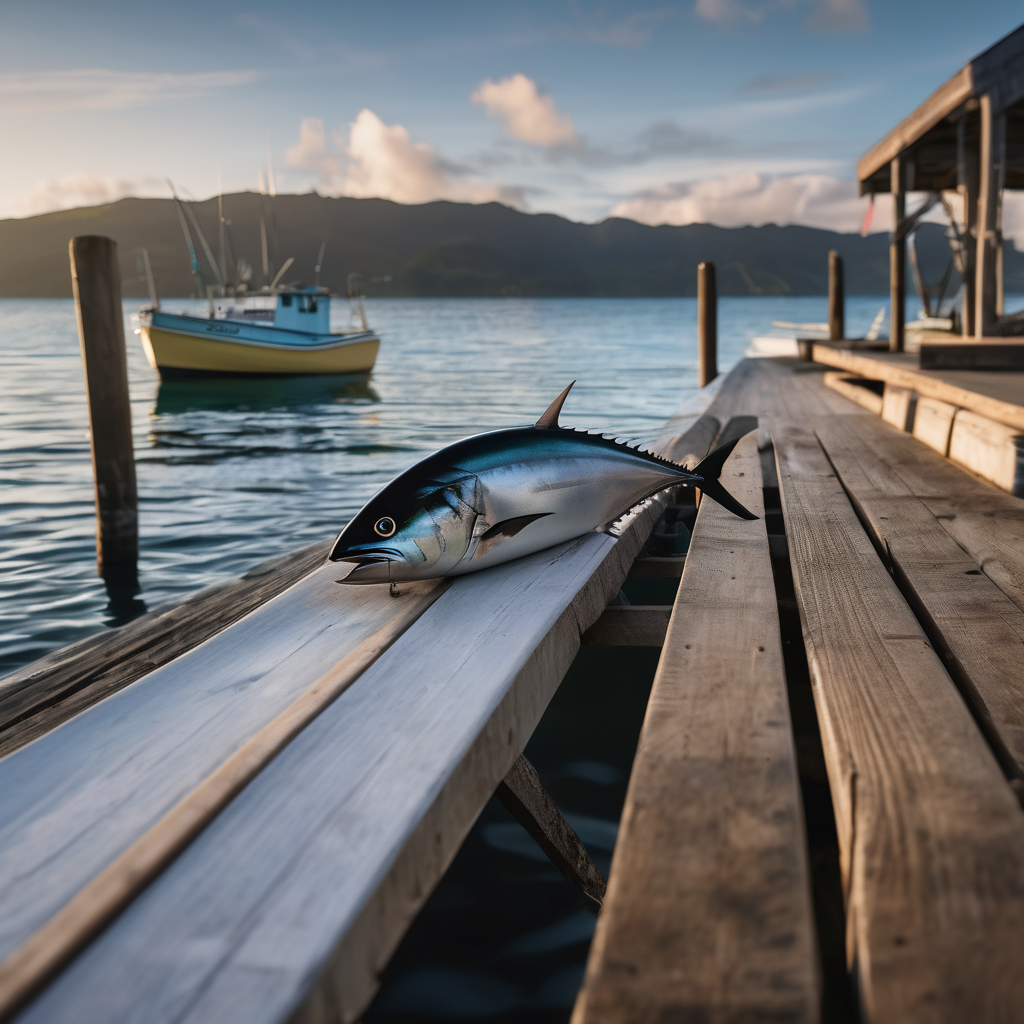Two regional fisheries organizations have united in their approach ahead of the annual Tuna Commission meeting set for December. Discussions during a recent meeting held in Honiara, Solomon Islands, focused primarily on the management of South Pacific Albacore, a key fish species in regional fisheries.
The Forum Fisheries Agency (FFA) and the Forum Fisheries Committee are proposing new regulations that will govern longline and troll fishing activities south of the 10° South latitude. These regulations aim to ensure fair fishing opportunities in both national waters and the high seas, reinforcing management strategies that take into account the needs of all stakeholders.
FFA Director-General Noan David Pakop described 2025 as “the year of the albacore,” acknowledging the substantial progress achieved through collaboration among member nations. He noted that the agreement reached represents nearly three decades of effort, culminating in a consensus on the Management Procedure alongside a commitment to finalize the Implementation Measure for South Pacific Albacore. Pakop emphasized that this agreement showcases the solidarity, resilience, and leadership of Pacific nations.
In addition, the committee endorsed two important draft measures: the South Pacific Albacore Management Procedure (SPA MP) and its corresponding Conservation and Management Measures (CMM). These measures reflect two years of cooperative efforts among FFA members and prioritize a science-based approach to sustainable fishing. They aim to establish catch limits designed to preserve albacore populations for future generations.
The committee members also stressed the importance of conducting an independent review, as outlined in Article 30 of the WCPF Convention. This review is crucial for assessing how well the Tuna Commission meets the specific needs of Small Island Developing States (SIDS) and ensuring that management measures do not disproportionately impact developing nations.
This collaborative effort heralds a positive outlook for the sustainability of fisheries in the region. The Pacific Islands, known for possessing some of the healthiest tuna stocks in the world, continue to demonstrate their commitment to achieving a balance between marine conservation and economic needs. By working together, these nations are not only securing their fisheries for the future but are also promoting stability for communities that depend on these essential resources. As the Pacific moves forward, the ongoing partnerships among countries present a hopeful trajectory for both ecological health and community welfare.
